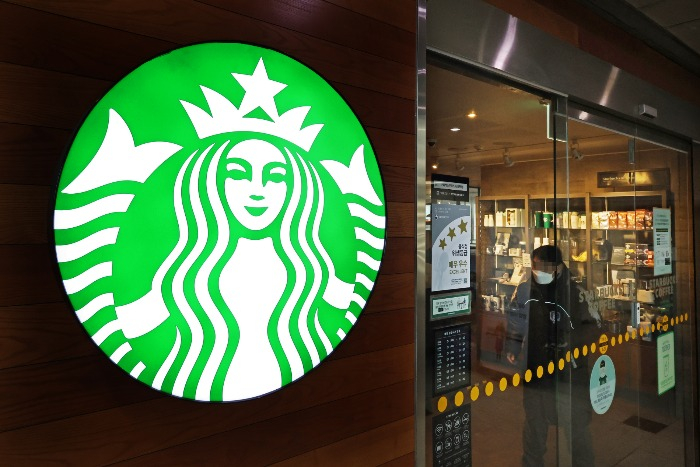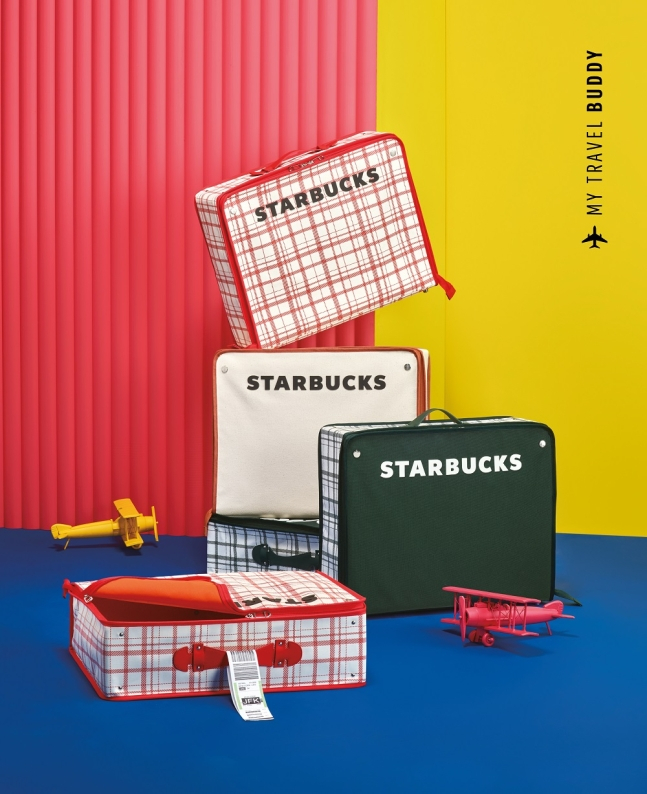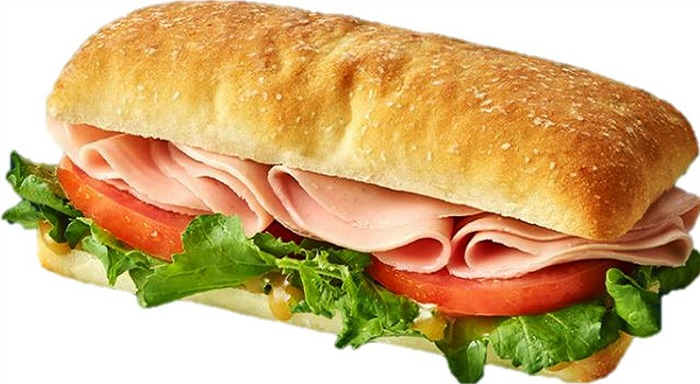Starbucks Korea faces its biggest challenge in 23 years
The latest controversy stems from an online post claiming that one of its summertime products contains the carcinogen formaldehyde
By Jul 25, 2022 (Gmt+09:00)
LG Chem to sell water filter business to Glenwood PE for $692 million


Kyobo Life poised to buy Japan’s SBI Group-owned savings bank


KT&G eyes overseas M&A after rejecting activist fund's offer


StockX in merger talks with Naver’s online reseller Kream


Mirae Asset to be named Korea Post’s core real estate fund operator



Starbucks Korea, the undisputed leader in South Korea’s coffee franchise landscape, is facing the biggest challenge of its 23-year history.
Starbucks Korea Co. changed its name to SCK Company in January, following the acquisition by Shinsegae Inc.-owned E-Mart from the global coffee house behemoth. It still maintains the right to operate as Starbucks Korea despite the official name change.
Since then, the Korean business has been suffering from a string of disputes, the latest being over its line of Summertime merch.
Industry insiders say the company has been exchanging its coveted “Summer Carry Bag” product, which was purchasable with points, for three coupons that can each be used for a beverage.
The new policy follows an anonymous online post by someone claiming to be a researcher at the FITI Testing and Research Institute, who wrote that the tote bag contains formaldehyde.
Formaldehyde is a toxic and carcinogenic yet naturally occurring organic compound, often distinguishable by its pungent smell.
An employee of Starbucks Korea said it has requested a formal investigation by a government-approved research institute and expects results within 10 days. Before the results are out, however, the company has decided to offer drink coupons in exchange for the disputed item.

Following the opening of its first store in front of Ewha Womans University in 1999, Starbucks saw its growth skyrocket by capitalizing on the college's posh, trendy image.
Even amid the COVID-19 pandemic, the company broke 2 trillion won ($1.5 billion) in sales last year to cement its place as the No.1 player in the country’s coffee shop sector.
The local innovation of the Siren ordering system in 2014 was later adopted in the US, where the global franchise originated.
But things took a slightly acidic turn in July 2021 when E-Mart bought a 17.5% stake of Starbucks Coffee International’s 50% stake in Starbucks Coffee Korea – to become the largest shareholder with a 67.5% stake.
The Government of Singapore Investment Corporation (GIC) acquired the remaining 32.5%.
Some cafe-goers were not pleased with its new marketing aesthetics and others complained about a change in the taste of coffee.
Things began to escalate in April with the introduction of paper straws.
Following complaints that the supposedly eco-friendly product smelled of gasoline, an investigation found that one of the manufacturers had made mistakes with the composition of the straw's coating.
The paper straws were immediately recalled.

Last month, the consistency of the taste of the chicken sandwich, provided by Shinsegae Food, was a subject of hot debate.
But no controversy was louder than the public outcry over the Summer Carry Bag mini-suitcase.
Starbucks customers who bought 17 select beverages could pick up a free bag, a marketing scheme aimed at building customer loyalty.
When quality control is put to the test, however, so is customer loyalty.
“If Starbucks was meticulous about the manufacture and inspection of its merchandise, it would not have made the mistake of providing products that smell or are potentially hazardous to customers,” an industry insider told The Korea Economic Daily. “How the company picks up the pieces from the latest controversy will be the litmus test for the Starbucks [Korea] brand as a whole.”
Write to Soo-Jung Ha at agatha77@hankyung.com
Jee Abbey Lee edited this article.
-
 Food & BeverageShinsegae to launch wholly owned US subsidiary on alternative meat
Food & BeverageShinsegae to launch wholly owned US subsidiary on alternative meatJul 22, 2022 (Gmt+09:00)
1 Min read -
 Food & BeverageOttogi launches vegan tuna on rising demand for plant-based alternatives
Food & BeverageOttogi launches vegan tuna on rising demand for plant-based alternativesJun 17, 2022 (Gmt+09:00)
2 Min read -



